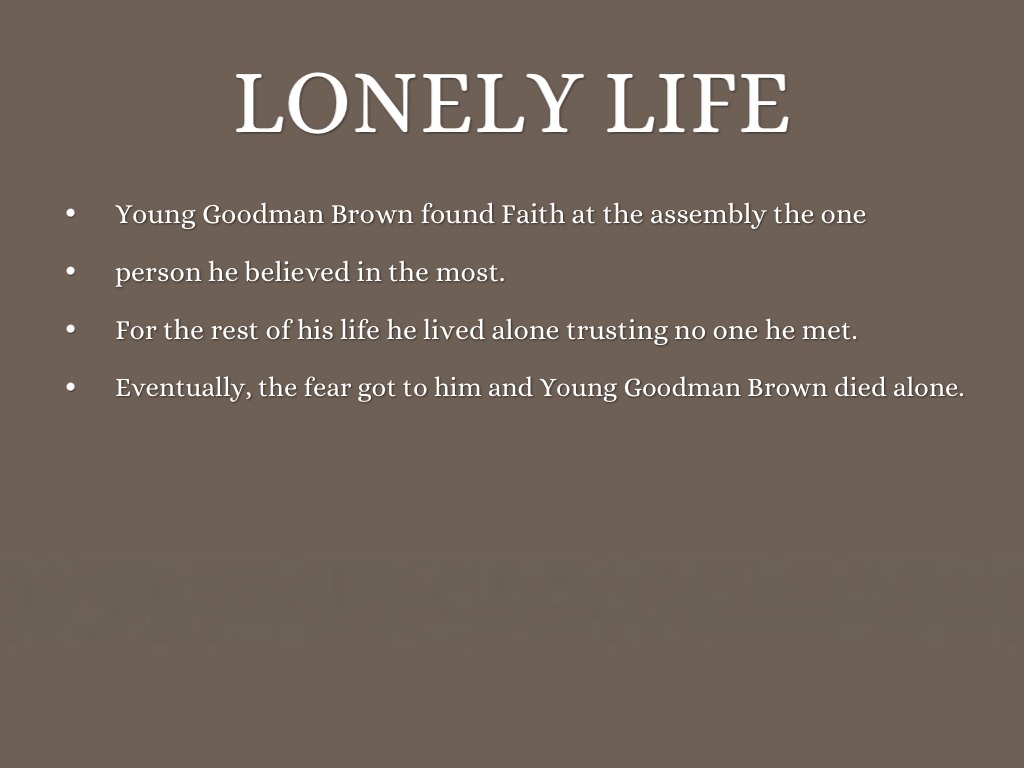In today’s world, communication is an intricate dance where emotions play a crucial role. Many of us have experienced moments when a friend or loved one subtly hints at needing assistance without directly asking for it. This phenomenon is known as dry begging psychology, a term that refers to the art of seeking help or support indirectly. It often manifests in the form of passive-aggressive comments, hints, or emotional appeals that can leave the recipient feeling obligated or guilty. Understanding the dynamics of dry begging psychology can provide valuable insights into human behavior, personal relationships, and even social interactions. This article delves into the nuances of dry begging, exploring its implications and how it affects both the giver and receiver of support.
Dry begging is often characterized by an underlying emotional need that remains unexpressed. Individuals who engage in this behavior may feel uncomfortable with direct requests for help, fearing rejection or judgment. Instead, they resort to a more indirect approach, hoping that others will pick up on their cues and offer assistance voluntarily. This behavior can lead to misunderstandings and strained relationships if not addressed properly.
In a society where vulnerability is often stigmatized, dry begging psychology serves as a coping mechanism for many. It allows individuals to express their needs without fully confronting them, but it also places an emotional burden on those who are expected to decipher these cues. By examining the psychology behind dry begging, we can gain a better understanding of our own communication styles and the impact they have on our relationships.
What is Dry Begging Psychology and How Does it Manifest?
Dry begging psychology is not about outright begging; rather, it involves subtle cues and manipulative tactics that evoke sympathy or a sense of obligation in others. It can manifest in various ways, including:
- Making ambiguous statements about financial troubles.
- Exaggerating minor inconveniences to elicit concern.
- Using emotional language to describe situations without explicitly asking for help.
- Sharing stories of hardship in casual conversations.
What Are the Psychological Reasons Behind Dry Begging?
The motivations behind dry begging can vary widely among individuals. Here are some common psychological reasons:
- Fear of Rejection: Many people are afraid of directly asking for help because they fear being turned down.
- Desire for Connection: People may resort to dry begging as a way to foster emotional connections without appearing needy.
- Low Self-Esteem: Those with low self-esteem may feel unworthy of help and choose indirect methods instead.
- Learned Behavior: Individuals may have grown up in environments where direct requests for help were discouraged.
How Can You Recognize Dry Begging Behavior?
Recognizing dry begging behavior can be challenging, especially when it is subtle. Here are some signs to look for:
- Frequent mentions of financial or emotional struggles without a clear request for help.
- Comments that imply a need for assistance but stop short of making a direct ask.
- Expressions of frustration or disappointment that hint at unmet expectations.
- Emotional outbursts that seem to be aimed at garnering sympathy.
What Are the Consequences of Dry Begging Psychology?
While dry begging may be a coping mechanism for some, it can have significant repercussions:
- Strained Relationships: Constantly hinting at needs can lead to feelings of frustration and resentment in others.
- Miscommunication: The indirect nature of dry begging can result in misunderstandings and unmet expectations.
- Increased Anxiety: Those who engage in dry begging may experience heightened anxiety about their needs and their relationships.
How to Address Dry Begging in Relationships?
Addressing dry begging requires open communication and empathy. Here are some strategies to consider:
- Encourage Direct Communication: Foster an environment where asking for help is normalized and encouraged.
- Practice Active Listening: Pay attention to cues and feelings expressed by others, and validate their emotions.
- Set Boundaries: Establish clear boundaries to prevent feelings of obligation from arising.
- Model Healthy Communication: Share your own needs and vulnerabilities openly to encourage others to do the same.
What Can You Do If You Feel Manipulated by Dry Begging?
If you feel manipulated by someone’s dry begging, it’s essential to take a step back and assess the situation. Here are some steps to consider:
- Reflect on your feelings and reactions to the behavior.
- Communicate your observations without accusation.
- Encourage the person to express their needs more directly.
- Evaluate the impact of the relationship on your well-being.
Conclusion: Understanding the Depth of Dry Begging Psychology
In conclusion, dry begging psychology is a complex interplay of human emotions and communication styles. By recognizing the signs and understanding the underlying motivations, we can navigate our relationships with greater empathy and clarity. Whether you find yourself on the giving or receiving end of dry begging, promoting open dialogue and emotional honesty can lead to healthier, more fulfilling connections.




